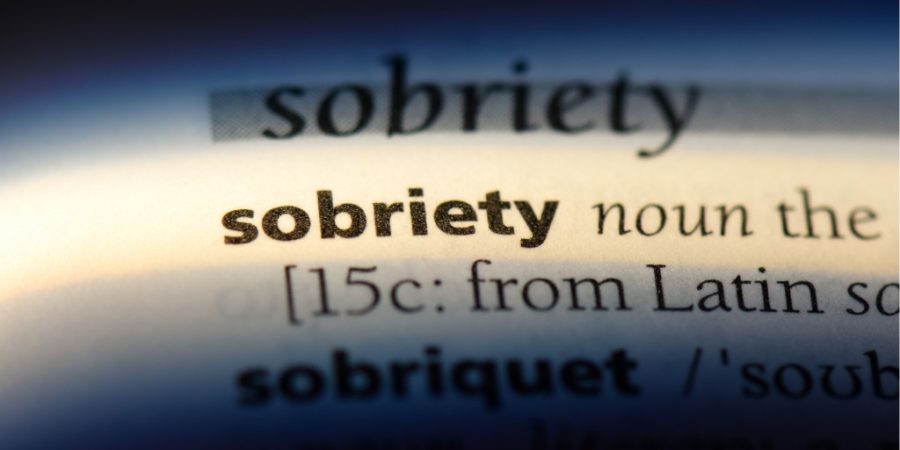
It is important to think about emotional sobriety, no matter where you are at in your journey to recovering from drugs or alcohol. Although there are a lot of physical hurdles to overcome, without also focusing on your emotional recovery, you may easily find yourself turning to drugs and alcohol over and over again throughout your life.
It isn’t uncommon for people to abuse drugs and alcohol as a way to mask unwanted emotions like fear, sadness, or anxiety. By practicing emotional sobriety in addition to physical sobriety, you can help manage difficult feelings that would otherwise make you turn to drugs and alcohol in the future.
Whether you’re wondering how to stay sober after rehab, you’re newly sober and angry, or you’re getting ready to enter rehab and want to make sure it sticks, it’s important for you to know how to make your emotions work for—instead of against—you.
Table of Contents
Find Your People to Support Emotional Sobriety

Dealing with sobriety can be surprisingly difficult. It requires you to face difficult emotions and life circumstances head-on. Doing the emotional work of sobriety is nearly impossible to do on your own. It’s important to have a tribe of people around you who provide you with healthy, meaningful social connections.
That can be difficult, as you may have strained personal relationships as a result of addiction. And it can be even harder if all of your friendships were centered around going to the bar or partying at home. But, thankfully, you have options.
You could do your best to heal relationships with your parents, siblings, and other family members. Or you could meet sober friends by volunteering, joining a club, or taking a class. If you do either or both of these, you’ll have people around you who you can talk to when the going gets tough, and more importantly, you’ll be supported by people who want to see you succeed.
Change How You View Struggle and Grief
Struggle and grief frequently contribute to addiction. Whether it’s money problems, the end of a relationship, or losing someone close to you, struggle and grief are normal parts of life. However, you may have turned to drugs and alcohol as a way to avoid confronting these feelings. And that can cause you to turn to your addiction when something goes wrong.
Managing feelings in recovery means finding a way to think of certain emotions in a new light. Instead of thinking of struggle and grief as emotions to be avoided, you should consider their ability to teach you important lessons. Failure and negative emotions can teach you a lot, both about yourself and about the kind of life you want. But if you continue to view them as things to be avoided, you will find it hard to achieve a healthy emotional sobriety.
Create and Stick to an Exercise Routine

Emotional recovery can be even more difficult than physical recovery. That’s especially the case if you’re trying to rebuild old relationships, make new ones, and figure out how not to let negative emotions cause you to revisit an old addiction. Fortunately, not every tip for emotional sobriety is so difficult.
Exercise is a great way to stay mentally and physically healthy. Because it releases endorphins, it has the ability to make you feel happier, and for some people, exercising is accompanied by a re-energized outlook on life.
There’s no need to spend an hour on a treadmill at the gym either! Find ways to move your body that you enjoy. Whether it’s a walk around the neighborhood, lifting weights while binging your favorite TV show, or doing yoga in the park, any kind of exercise, when done consistently, can make you less likely to turn to drugs and alcohol during hard times.
Get Professional Support for Emotional Sobriety
It’s normal to feel anger in early sobriety, but you don’t want your anger, sadness, or fear to cause you to make choices you will regret later. Getting your emotional sobriety to stick often requires professional support.
It isn’t uncommon for those with a drug or alcohol addiction to also suffer from a mental illness. If you’re struggling with a mental health disorder in addition to an addiction, it’s a good idea to enroll in a dual diagnosis program. If you don’t have a diagnosable mental health disorder, a professional addiction treatment program is still a good idea, as it enables you to focus on your recovery. It can also arm you with ways to care for your emotional health that are specific to you and your situation.
To learn more about achieving or maintaining emotional sobriety, or to learn more about programs that can help you get sober, call The Blackberry Center at 888-512-9802. You can also fill out our online contact form and we would be happy to answer your questions.
The post Emotional Sobriety Tips for Long-Term Recovery appeared first on The Blackberry Center of Central Florida.
Source
Original Author: The Blackberry Center

